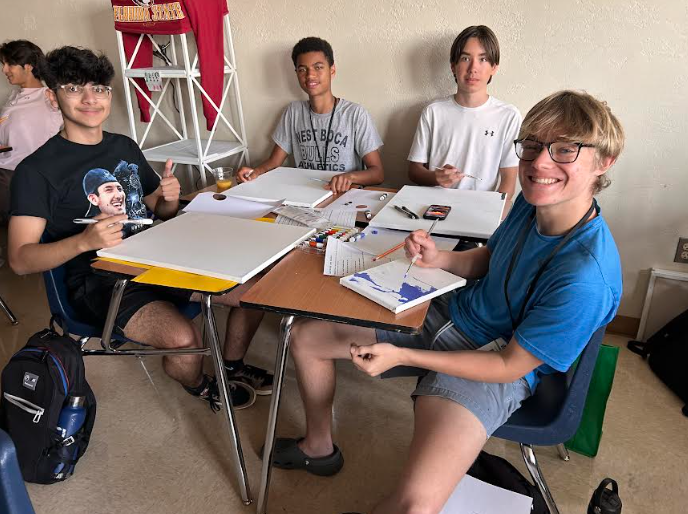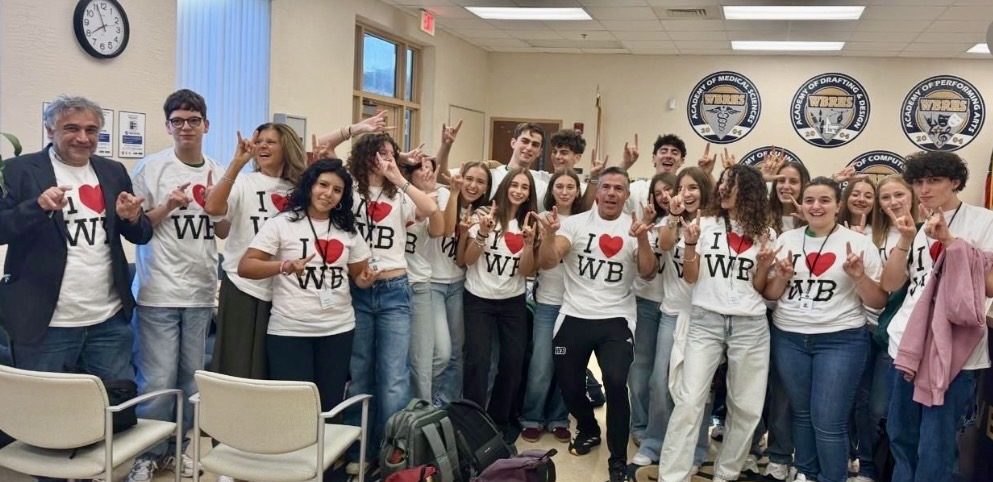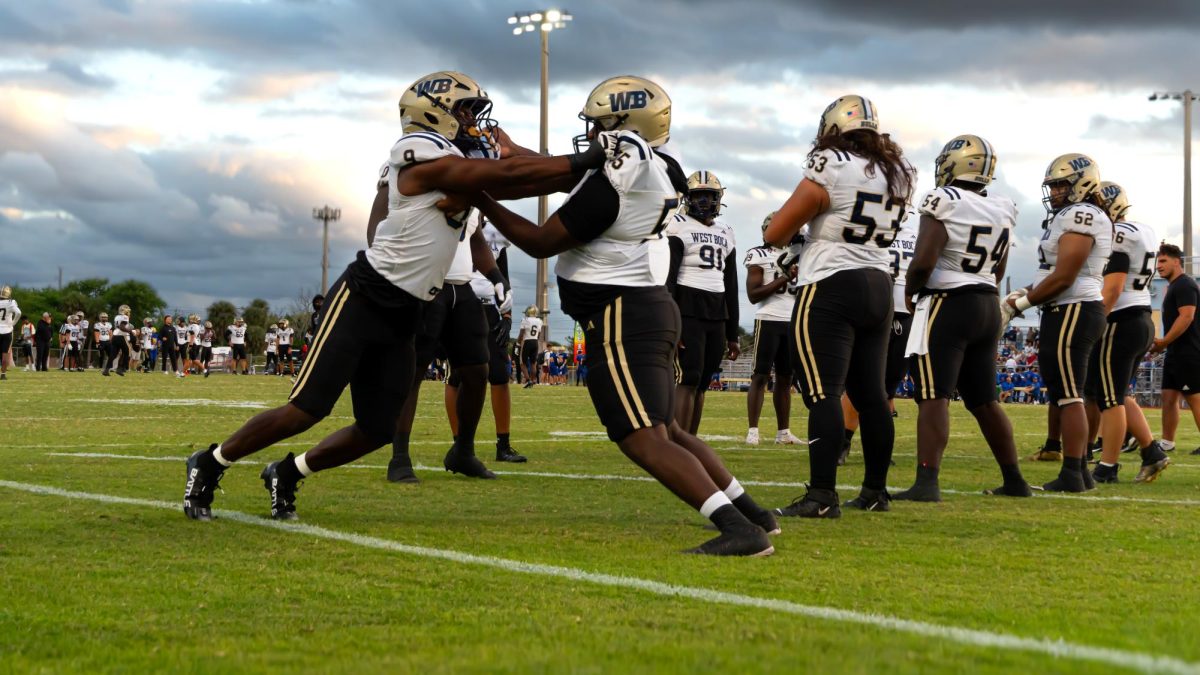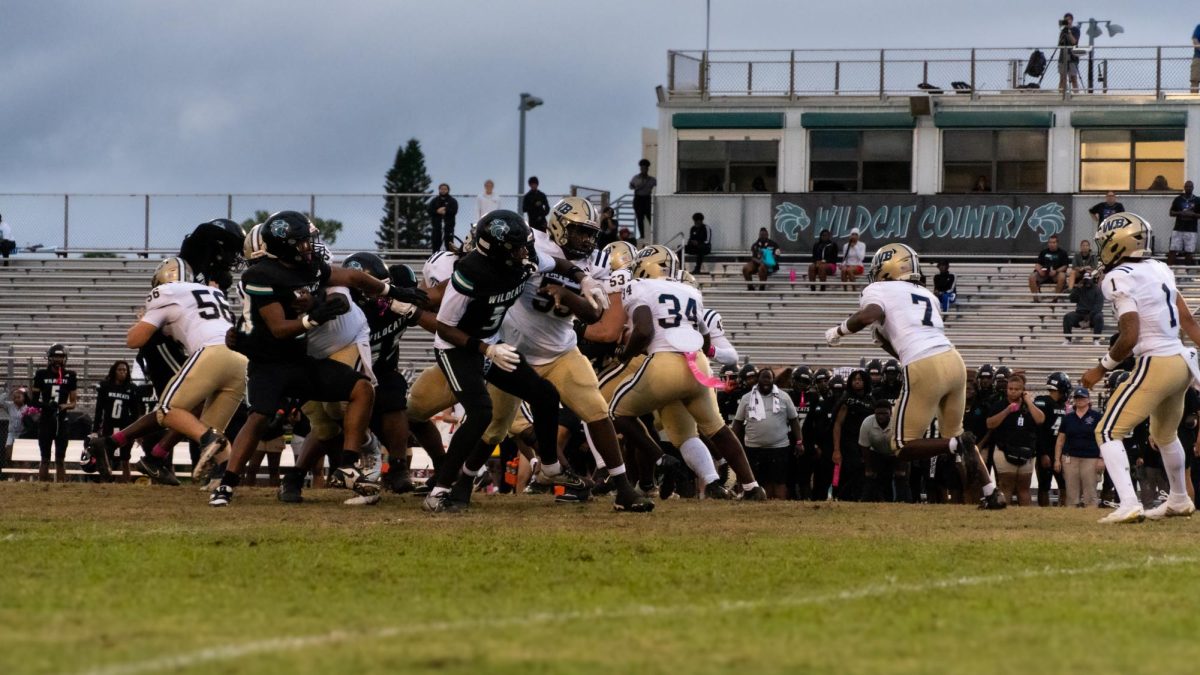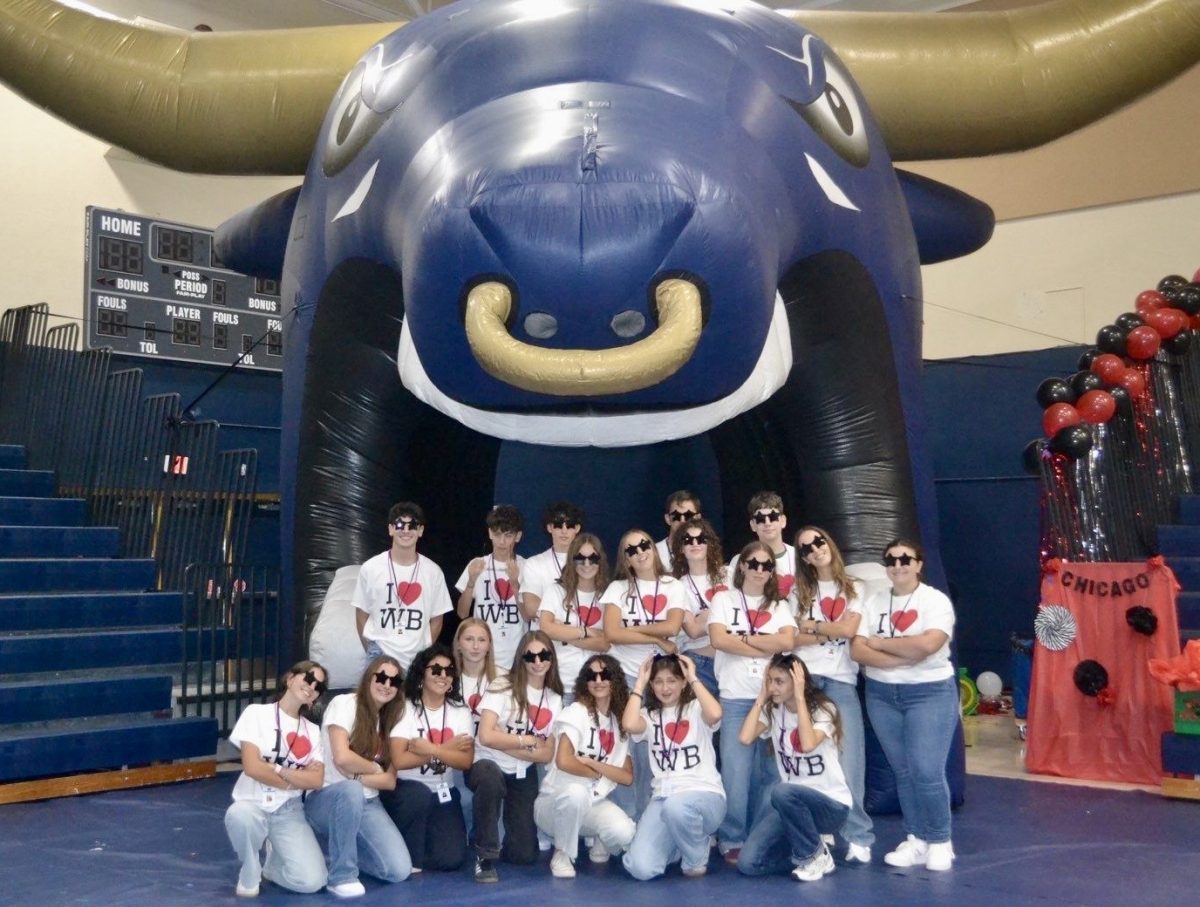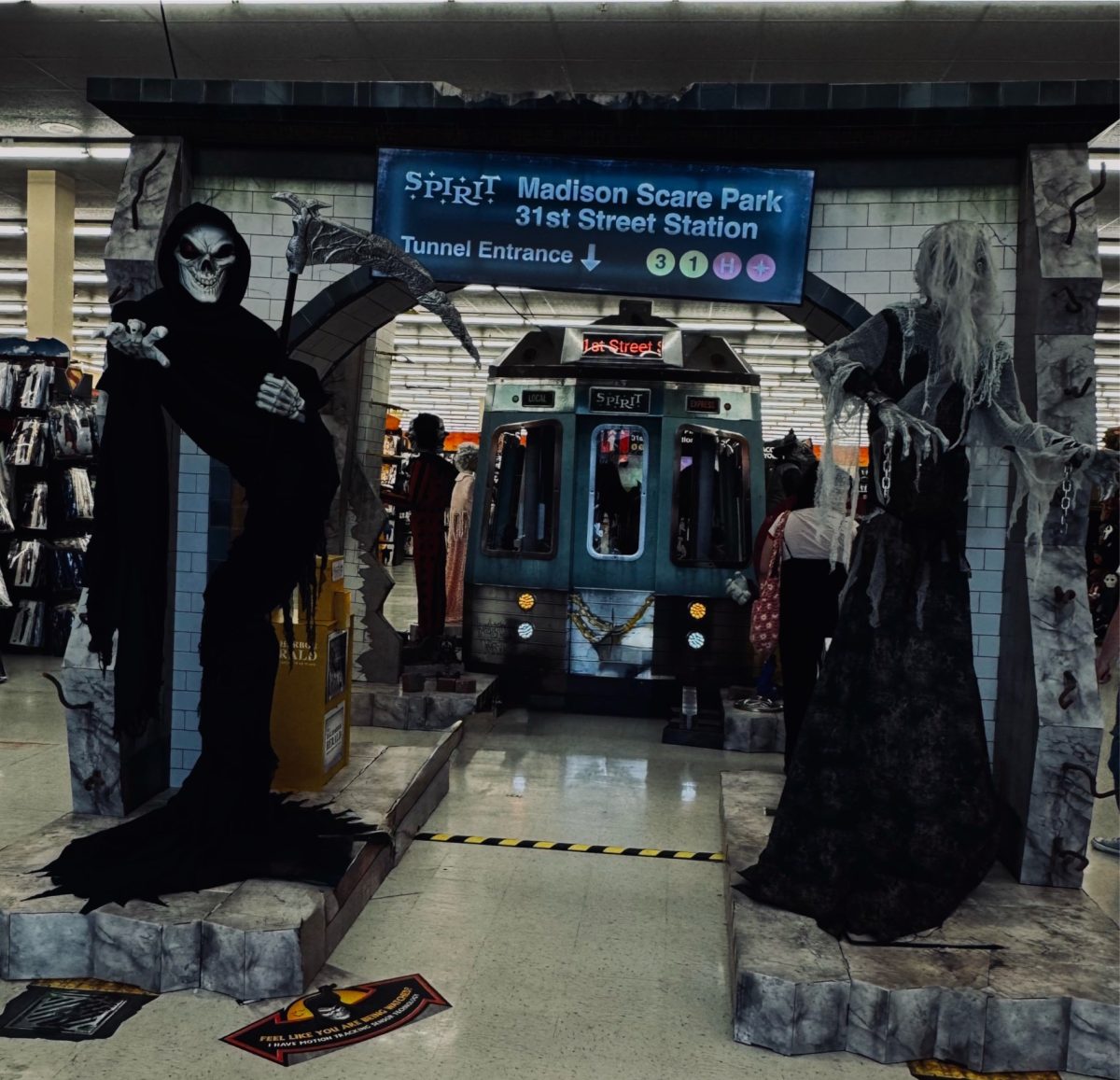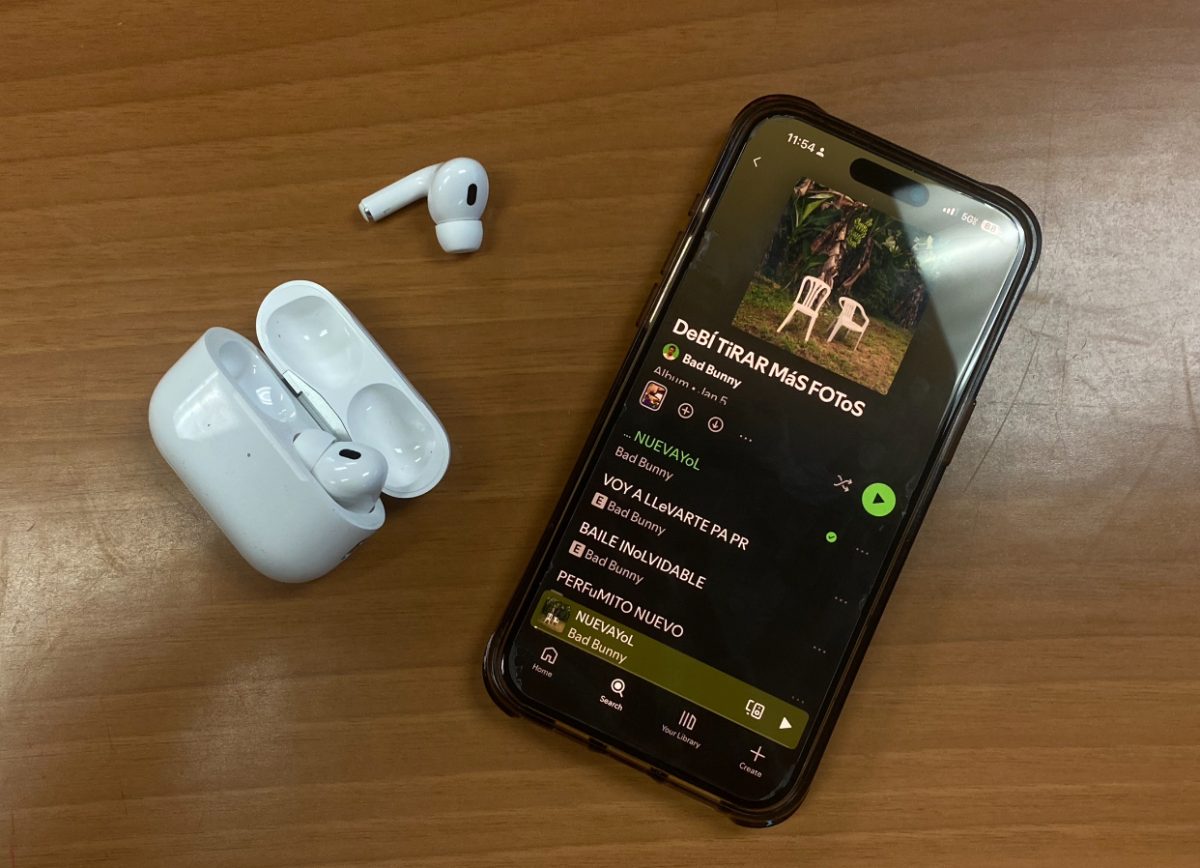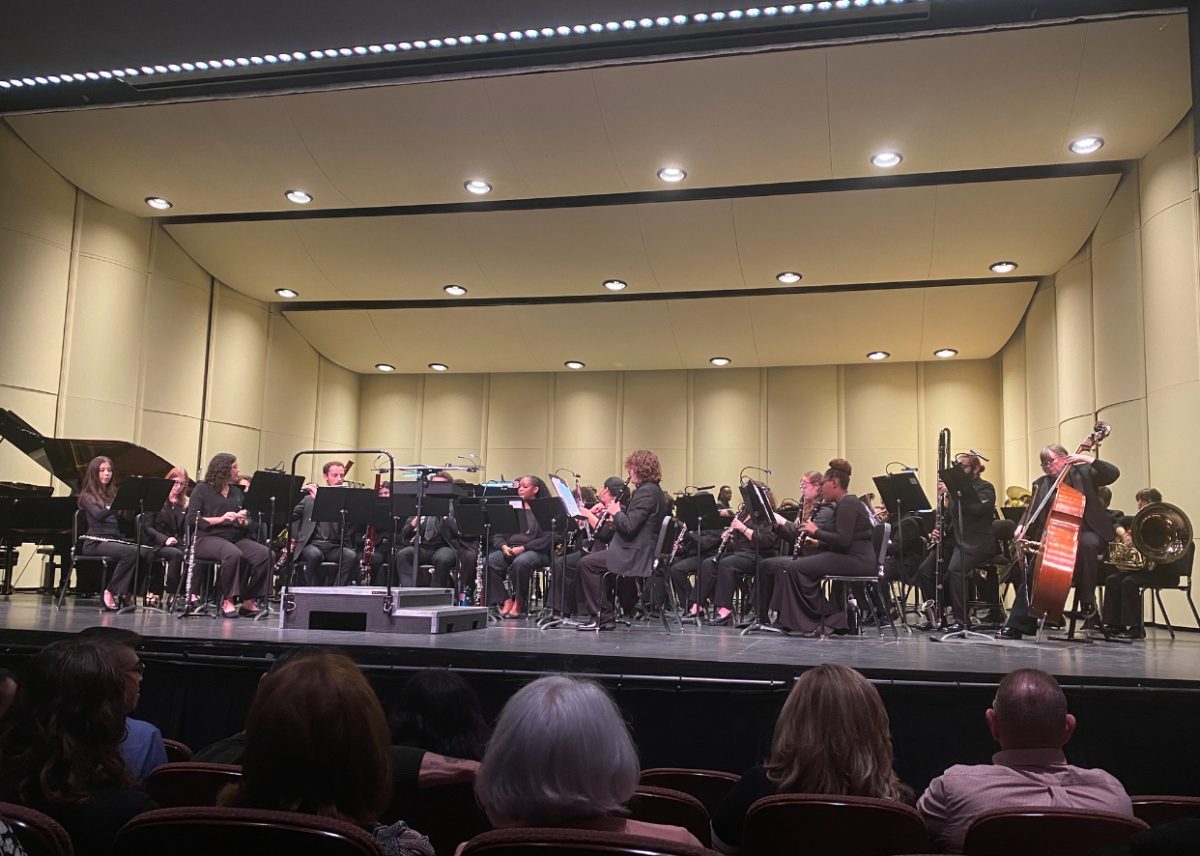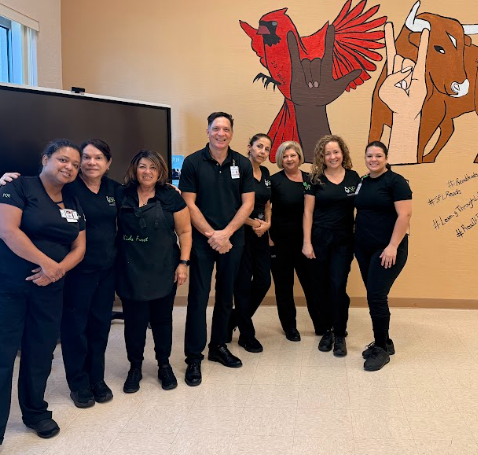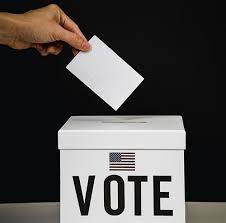
Elections might not be as serious as you think. The recent Iowa Caucus, which marked the first aspect of the party nomination process, brought back the timeless (and ridiculous) history of the electoral system in the U.S.
What is the difference between a Primary and a Caucus? A Primary is what most people imagine when they think about an election. With a private room and a ballot, voters cast their ballots calmly and respectfully, being watched by election certifiers and poll officials. Sure, they get the job done quickly and efficiently, but it wouldn’t be a U.S. election season without some ridiculousness!
That’s where a Caucus comes in. In what has to be inspired by a children’s game, the process starts in a large, open room with each potential nominee represented at one side of the room. Round 1 consists of every voter sitting on the side of the room with the candidate they wish to vote for. Now this isn’t a calm process, with nominee representatives attempting to convince potential voters with baked goods, loud voices, and free merchandise. This process repeats until a candidate is declared a winner, having swayed the most people into voting for them.
Why? The reason that Caucuses are still around remains to be seen with most people citing “history” and “tradition” as reasons to keep this outdated system together. As it stands in 2024, Five states still use caucuses: Iowa, Missouri, Nevada, Wyoming, and North Dakota. It should be said that Caucuses aren’t always this hectic, as the Democratic party is the only political party in the U.S. that still utilizes this seat shuffling. The GOP, the primary focus of the 2024 nomination process, uses secret ballots very similar to other, more standard practices.
The wacky traditions don’t stop at Caucuses, as Primaries also have some unbelievable traditions that made their way into 2024. New Hampshire, which recently held its Primaries, has a town named “Dixville Notch”, whose townspeople vote at midnight. This makes them the first votes to be counted, signaling the successes that are to come for candidates. The problem? There are only six voting members in the town. So yes, as the day rolls by and the press is hungry for results, they have to report on 6 votes from a small town in New Hampshire.
The primary election system is much less formal and professional than you might think, so as you prepare to watch the election madness unfold this November, remember how silly the system is to begin with.


